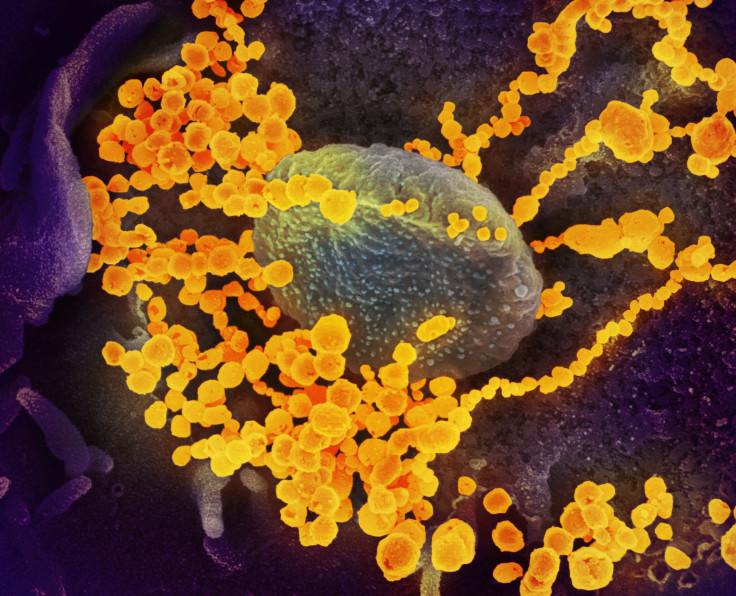When Your Body Responds To COVID-19 Could Affect How Bad Symptoms Are - Study
KEY POINTS
- A new study suggests that the severity of COVID-19 could depend on when immune responses kick in
- The immune system’s two responses could create an overreaction that kills healthy cells
- Researchers say delaying the second response could stave off more severe symptoms
Your body has two lines of defense, and delaying the second could help you avoid the worst effects of COVID-19, the disease caused by the novel coronavirus or SARS-CoV-2.
According to a new study from the University of Southern California, the interaction between those lines of defense could cause your body’s immune system to go into overdrive in some patients.
USC researchers are suggesting that how COVID-19 develops in the body is affecting the way the body reacts to it, resulting in an overreaction.
In a press release, the study’s lead author Sean Du explained that the interaction could explain why some patients appear to get better before getting much worse in a second wave of the disease.
“It’s possible that the combined effect of the adaptive and the innate immune response may reduce the virus to a low level temporarily,” Du said. “However, if the virus is not completely cleared, and the target cells regenerate, the virus can take hold again and reach another peak.”

The innate immune response is activated almost right after an infection, providing an immediate defensive line against disease-causing cells like viruses by killing them and any cell affected by them. Days later, the adaptive immune response will use what it learned about the invader to release specialized weapons against it and kill whatever is left.
The flu acts fast and kills its target cells quicker, allowing the innate immune response time to kill the virus off before the adaptive immune response kicks in.
But COVID-19 is relatively slower and the innate immune response is still running by the time the adaptive immune response activates, causing an overreaction that kills healthy cells alongside the infection in the lungs.
Researchers are suggesting to temporarily suppress the adaptive immune response so that it does not interfere with innate immunity and its ability to remove the virus more efficiently.
Researchers say more preclinical studies and experiments are needed to prove if suppressing adaptive immune response early in the infection could prove effective.
The study has been accepted for publication in the Journal of Medical Virology and is still undergoing an editing process.
© Copyright IBTimes 2024. All rights reserved.





















